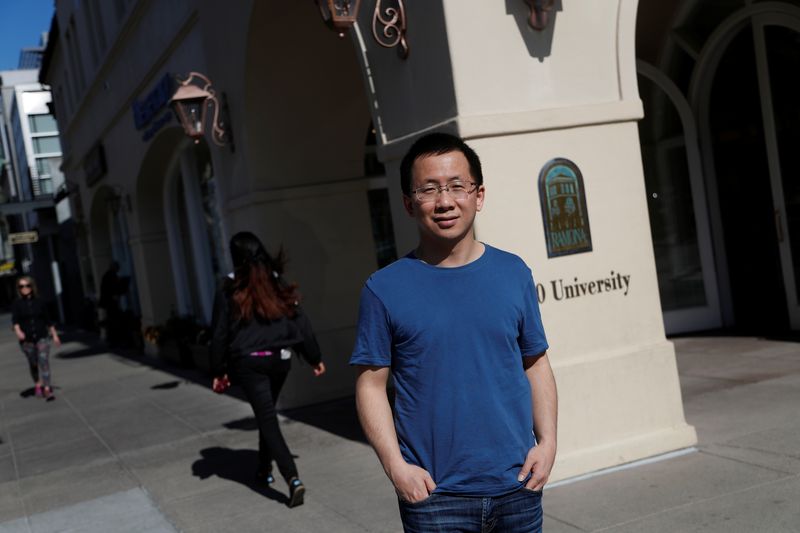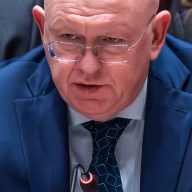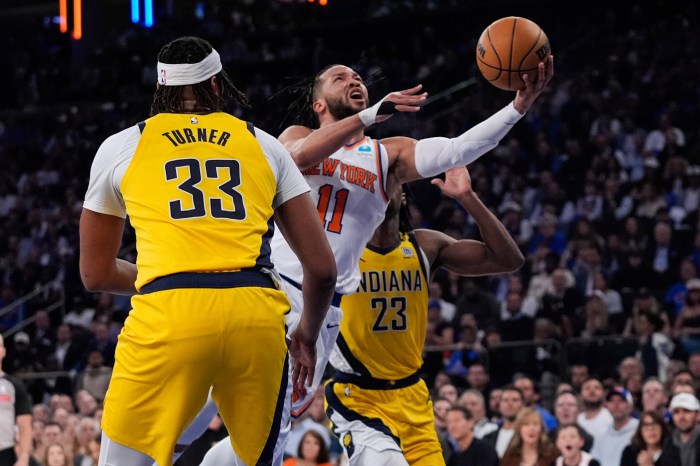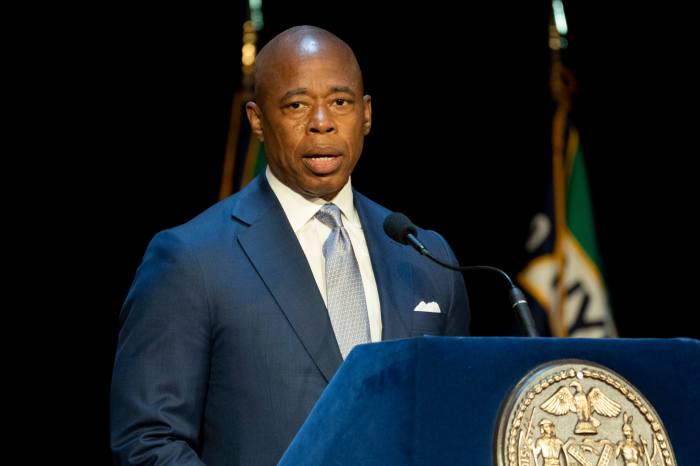SINGAPORE/BEIJING (Reuters) – Zhang Yiming will step down as chief executive of TikTok-owner ByteDance, handing over to college roommate, long-time colleague and current human resources head Liang Rubo.
Zhang, 38, turned ByteDance into a social media powerhouse which has also had many brushes with global regulators.
This is a timeline of key events in the emergence of ByteDance and TikTok.
2012 – Zhang Yiming founds ByteDance in Beijing.
2016 – Launches Douyin, the Chinese version of TikTok.
2017 – ByteDance launches TikTok. Also acquires U.S. video app Flipgram and lip-syncing app Musical.ly.
July 2018 – Indonesia bans TikTok for inappropriate content, lifting the ban a week later after it agrees to remove all “negative content” and open an office in the country.
Aug. 2018 – ByteDance integrates Musical.ly into TikTok. TikTok was initially popular in Asia and Musical.ly in the Americas and Europe.
2019
Feb 27. – TikTok surpasses 1 billion downloads globally. On the same day, the U.S. fines it over Musical.ly’s illegal collection of personal information from minors.
April 3 – A state court in India asks the federal government to ban TikTok, which it says encourages pornography. A temporary ban lasts two weeks.
Nov. 1 – U.S. begins review of TikTok’s Musical.ly buy.
2020
April 29 – TikTok hits 2 billion downloads globally.
May 18 – TikTok appoints ex-Walt Disney streaming chief Kevin Mayer as CEO. He quits after three months.
June 10 – EU regulators begin to scrutinize TikTok’s practices after the Netherlands opened investigation into its policies to protect children’s data.
June 29 – India bans TikTok and many other Chinese apps over security concerns after a deadly border conflict with China.
July 7 – Donald Trump, then U.S. President, suggests a TikTok ban to punish China for the COVID-19 pandemic.
July 20 – Australia scrutinises TikTok for risks of potential foreign interference, sources say. Days later Australia says it has found no evidence to show it should restrict TikTok.
July 29 – Japan’s ruling party urges government to take steps to limit TikTok use, concerned that user data may end up in Chinese government hands, public broadcaster NHK reports.
July 31 – Trump says he plans to ban TikTok in the United States within 24 hours. He then issues executive order banning transactions with TikTok and ByteDance, starting in 45 days.
Aug. 2 – Microsoft announces it is exploring a purchase of TikTok’s U.S., Canadian, Australian and New Zealand services.
Aug. 8 – Sources say Twitter held preliminary negotiations about an acquisition of TikTok’s U.S. operations.
Aug. 12 – ByteDance says is in talks with India’s Reliance for an investment in TikTok.
Aug. 14 – Trump orders ByteDance to divest its interest in TikTok’s U.S. operations within 90 days.
Aug. 18 – Oracle joins some ByteDance investors in pursuing a bid for TikTok’s operations in North America, Australia and New Zealand, sources say.
Aug. 20 – TikTok removes 380,000 videos in the U.S. for violating hate speech policy.
Aug. 23 – TikTok sues the U.S. administration over Trump’s executive order banning transactions with the app.
Aug. 27 – Walmart says it is joining Microsoft in a bid for TikTok’s U.S. assets.
Sept. 14 – ByteDance picks Oracle over Microsoft as its partner in a bid to keep TikTok operating in the United States.
Sept. 17 – ByteDance says China will have to approve its proposed deal with Oracle for its TikTok app.
Sept. 17 – ByteDance plans a U.S. IPO of TikTok Global, a new company that will operate the video app, should its deal with Oracle get cleared by the U.S. government, sources say.
Sept. 18 – Trump administration says it will ban WeChat and TikTok from U.S. app stores from Sept. 21.
Sept. 20 – Trump says he has blessed Oracle’s deal with TikTok, with Walmart taking a 7.5% stake in TikTok Global.
Sept. 21 – ByteDance and Oracle issue conflicting statements over the terms of the agreement.
Sept. 27 – U.S. judge temporarily blocks Trump order to bar Apple and Google from offering TikTok for download.
Oct. 9 – Pakistan blocks TikTok for failing to filter out indecent content, lifting the ban 10 days later after TikTok agrees to moderate accounts.
Oct. 26 – ByteDance is in talks with investment banks to list Douyin in Hong Kong, sources say.
Nov. 5 – ByteDance is in early talks to raise a new round of financing that will value it at $180 billion, sources say.
Nov. 10 – Nov. 26 – ByteDance challenges Trump’s order to divest TikTok, and is granted extensions.
2021
Jan. 19 – ByteDance launches mobile payment service Douyin Pay in China.
Jan. 27 – ByteDance to cut its 2,000-plus India team.
Feb. 2 – Douyin sues Tencent for monopolistic behaviour, intensifying an ongoing feud between the two.
March 5 – ByteDance working on a Clubhouse-like app for China, sources say.
March 11 – Pakistan blocks TikTok again, lifting curbs on April 16.
March 17 – TikTok may launch a group-chat feature in 2021, sources say.
March 22 – ByteDance agrees to buy Moonton, in a deal that sources say values the gaming studio at around $4 billion. A few weeks later it buys C4games.
March 24 – ByteDance hires Xiaomi executive Shouzi Chew for newly-created chief finance officer role.
April 23 – ByteDance says has no imminent plans for an IPO.
April 30 – TikTok says Shouzi Chew will be its new CEO.
(Reporting by Yingzhi Yang and Sayantani Ghosh; Editing by Alexander Smith)



















